Recently, the topic of “Xinjiang being a huge 'drying agent'" has aroused widespread discussion. Netizens shared their own experiences to show that Xinjiang's dryness is worthy of the name.
Xinjiang is an inland region with a vast desert and Gobi. And it is the heart of the Eurasian continent, and the farthest region from the ocean. Whether it's the Atlantic, Indian Ocean, or Pacific Ocean, Xinjiang is over two thousand kilometers away from them.
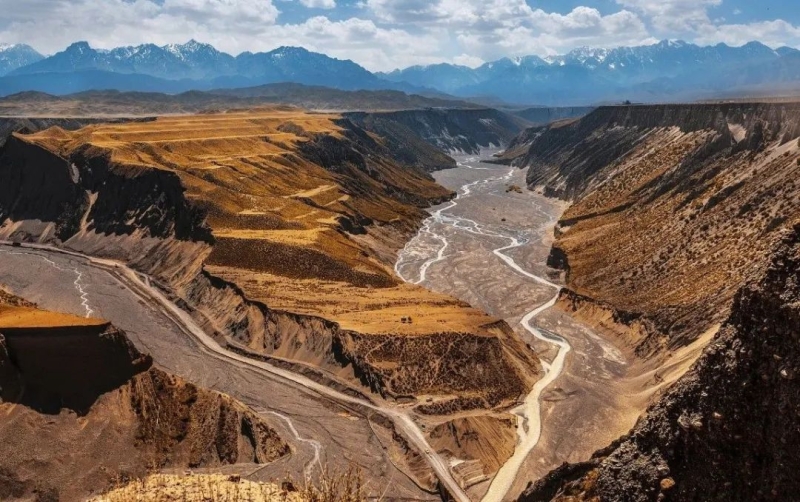
The topography of Xinjiang can be summarized as the geographical feature of "three mountains with two basins." The basins occupy a large area of land in Xinjiang. The Tarim Basin in the south of Xinjiang is the largest inland basin in China, and its center is the Taklimakan Desert, which is the largest desert in China. So, dryness is a major characteristic of Xinjiang’s climate.
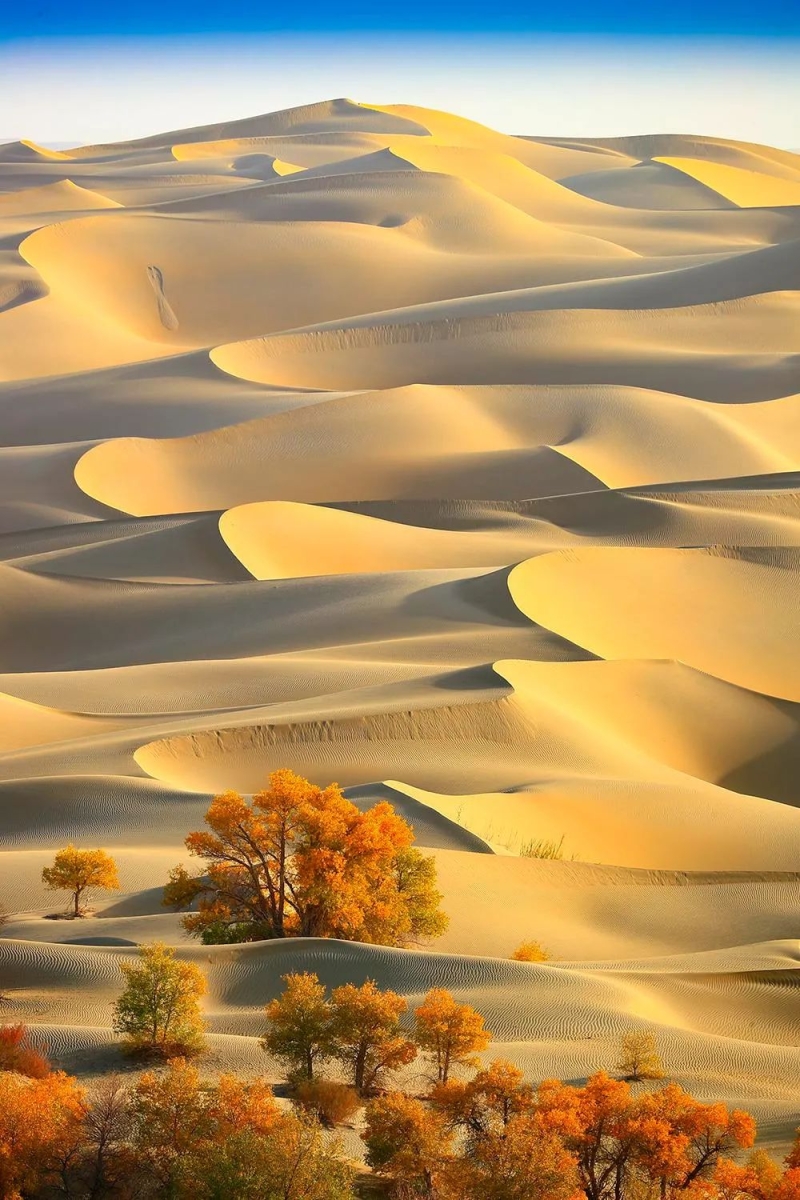
In Xinjiang, wet clothes can be dried by the sun within a day, and various fruits and vegetables can easily turn into dried fruits and vegetables. Even solid wood sinks will crack rather than rot under the sunlight in Xinjiang. However, Xinjiang, being so arid, is truly a treasured place.

Photo shows the "blue shoes" from Tang Dynasty in Xinjiang Museum are made of silk.
The shelf life of food in Xinjiang will also be longer. Archaeologists found many “food fossils” in Xinjiang, such as dumplings, wontons, moon cakes, and naan.
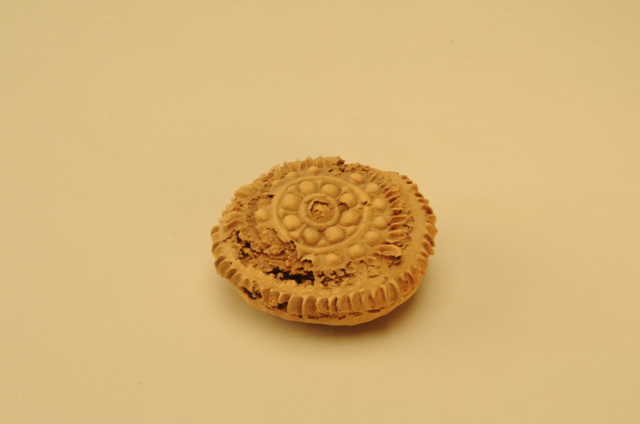
People in Xinjiang often no longer worry about the shelf life of food. So what would the appearance of food that contains moisture be like after being put in Xinjiang for a period of time?
As is well known, Xinjiang is famous as the "hometown of fruit and melons." Long hours of sunshine and temperature differences between day and night make fruits grown in Xinjiang more sweet.
People in Xinjiang like to dry fruits in a well-ventilated place, which turns them into dried fruits, including dried sweet apricots, dried sour and sweet prunes, dried figs, and most famous raisins. These Xinjiang specialty dried fruits not only have a good taste, but most importantly, they are easy to store.

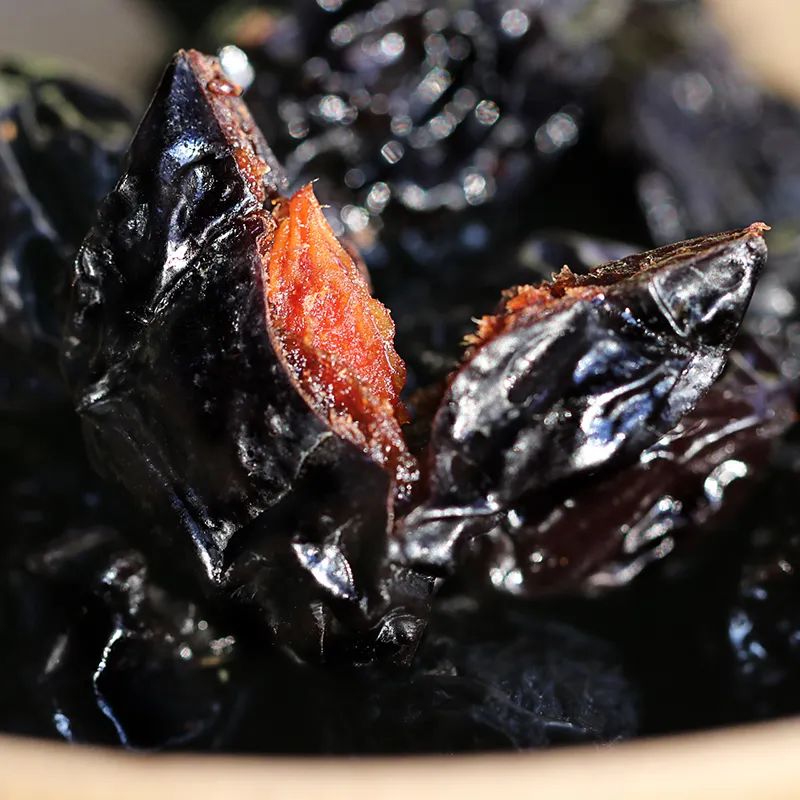
In addition, there is actually a kind of sweet apricot in Xinjiang. Once it ripens, the apricot does not fall to the ground but gradually dries on the trees. They are the local varieties—Diaogan apricots in Xinjiang.

Populus euphratica is known as the "living fossil" of ancient tree species, the only arbor species in deserts, and the only tree species in deserts and sandy areas that can naturally exist in the form of forests. The Populus euphratica, which grows in extremely arid desert areas, forms the splendid scenery in desert.

Can Populus euphratica really live for a thousand years?
Research has shown that the lifespan of a Populus euphratica generally does not exceed 100 to 300 years, and the longest is generally not more than 500 years. In a dry and microbial-free environment, they can take root for tens of meters with their tenacious willpower in the Gobi and desert.
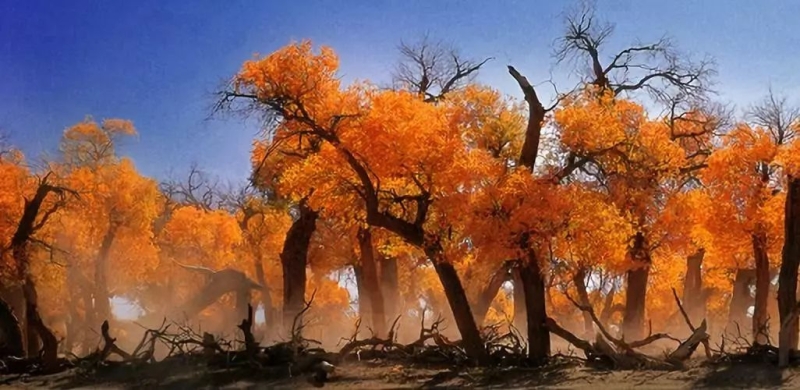

Because of this dried climate, millennium-old cultural relics have been preserved well to this day, and people can taste sweet fruits throughout the year.
So, come and enjoy the charm of Xinjiang.
(Resource from: Chinese National Geography, China's Communist Youth League Xinjiang Branch, Food Lab, Sanlian Lifeweek)









